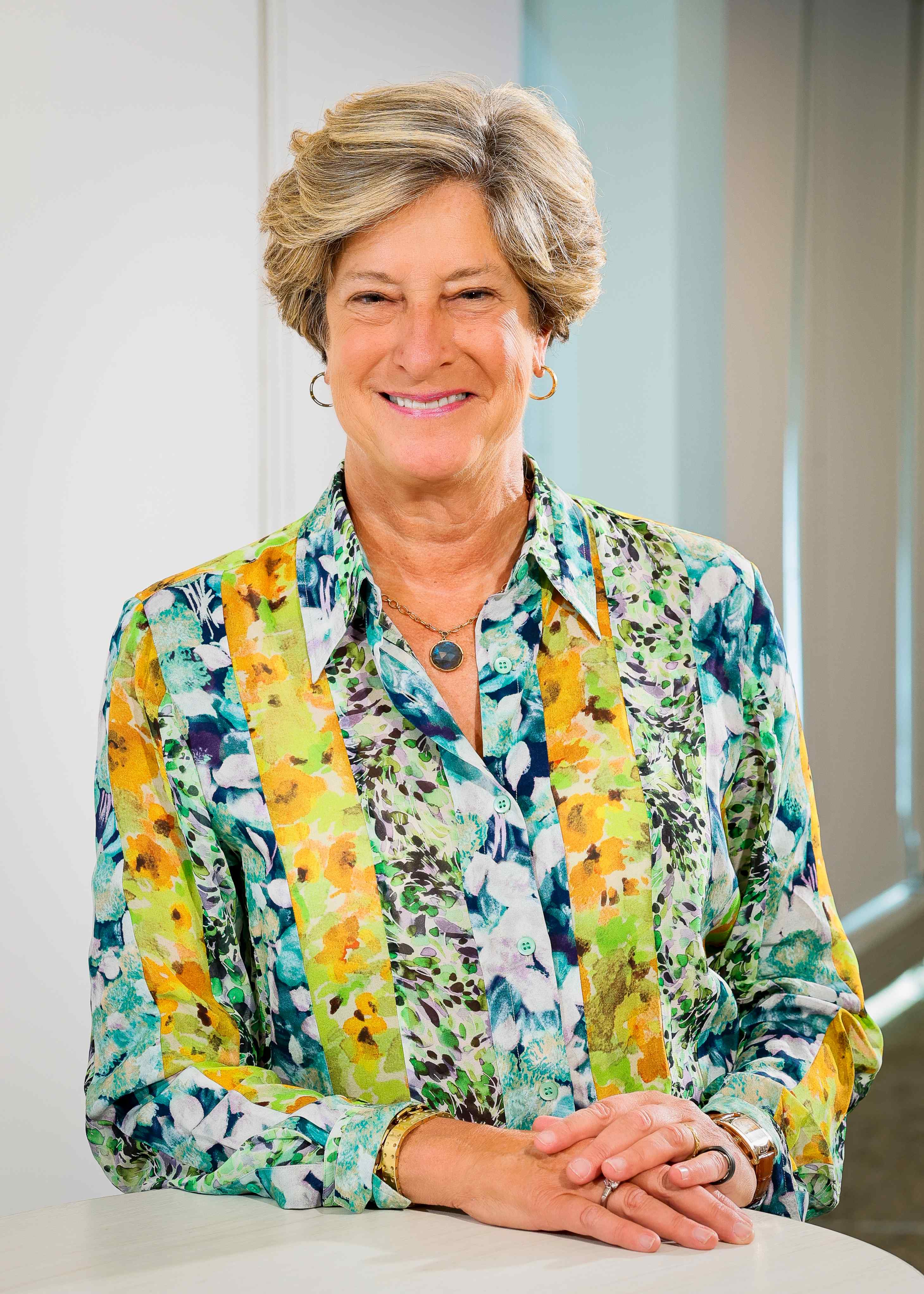Physician leadership is ideal in collaborative care teams, this CMO says.
At Northwell Health, clinical teams function most effectively when they are physician-led, with multidisciplinary team members working at the top of their competencies, to deliver the best outcomes. Physicians bring years of training, experience, and expertise in navigating complex medical situations, making them best equipped to lead care teams while fostering a collaborative approach.
There is a shortage of physicians across the country. To address these shortages, many health systems, hospitals, and physician practices have been turning to advanced practice providers (APPs), such as physician assistants and nurse practitioners, to fill the gap.
"We are so lucky to lead talented clinical teams," says Jill Kalman, MD, chief medical officer of Northwell Health. "Multidisciplinary care teams should be collaborative, with flexibility to adapt based on the patient's needs and setting. Whether in the hospital or outpatient clinic, well-structured teams ensure the best outcomes."
While the growing role of APPs helps address physician shortages, physician-led teams provide the optimal structure for delivering high-quality, patient-centered care, Kalman says.

Jill Kalman, MD, is chief medical officer of Northwell Health. Photo courtesy of Northwell Health.
Dynamic and flexible team approach
In a well-designed care model at Northwell, different team members contribute their expertise, with physicians providing oversight and team decision-making for complex cases. Kalman highlights the importance of flexibility: "For example, an advanced practice provider may manage a patient’s diabetes and hypertension, but if that patient presents with rapid atrial fibrillation and a fever, physician consultation is essential to determine next steps."
Physicians, APPs, nurses, pharmacists, respiratory therapists, and other healthcare professionals all play key roles in guiding a patient through their care at Northwell, with physicians providing clinical oversight.
Care teams in the inpatient setting
In Northwell hospitals, multi-disciplinary teams ensure patients receive coordinated and efficient care, implementing diagnostic testing, setting treatment plans and interventions with the team determining readiness for transitions to home or other settings. The composition of the team varies by clinical setting.
Clinical teams consist of physicians, advanced practice practitioners, nurses, social workers, pharmacists, respiratory therapists, mental health professionals, hospitalists, and specialists— all support patient care based on individual needs.
Care teams in the outpatient setting
In outpatient care at Northwell, team composition depends on patient acuity and clinic specialization, according to Kalman.
“Advanced practice practitioners have their own patients with physician supervision," Kalman says. "And with complex patients, physicians and APPs will collaborate directly to develop diagnostic and treatment plans for patients."
This approach expands patient access while maintaining high-quality care. "As patient complexity increases, the team structure adapts to ensure the best possible care," she adds.
The physician-advanced practice provider relationship
At Northwell, physicians and APPs develop close, collaborative relationships built on trust and mutual expertise.
"For example, a physician assistant in the operating room may assist in surgery, manage robotic technology, and oversee post-operative care, working seamlessly with the surgeon," Kalman says.
The same dynamic applies in outpatient care.
"APPs manage patients in consultation with physicians, ensuring timely access to care while maintaining safety and quality," Kalman explains. "When structured correctly, these teams maximize efficiency and deliver exceptional outcomes."
Northwell’s model emphasizes both leadership and teamwork.
"Collaboration strengthens the talent of all practitioners," Kalman says. "By leveraging the expertise of every team member, we create an environment where patients receive the highest level of care."
Physician-led, multidisciplinary teams represent the best path forward in delivering safe, effective, and patient-centered care, Kalman says.
Christopher Cheney is the CMO editor at HealthLeaders.
KEY TAKEAWAYS
Doctors are best equipped to lead care teams based on their experience, years of training, and understanding of complex situations.
At Northwell Health, physicians provide essential leadership in navigating patients through a care episode in the inpatient setting.
The relationship between a lead physician and an advanced practice provider should be tight and involve leveraging each other's expertise.
